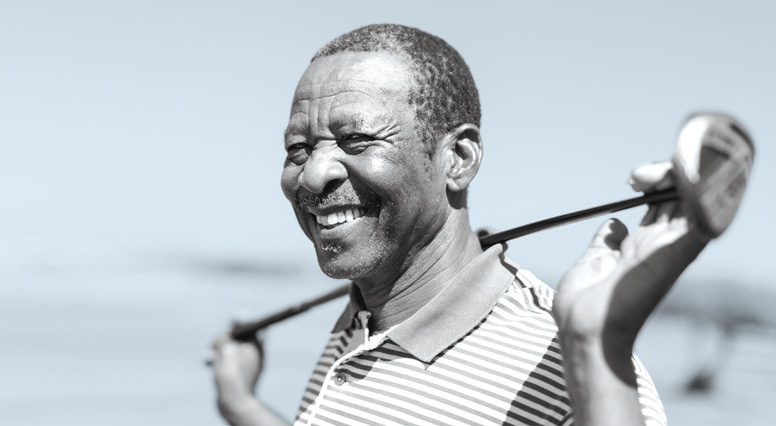Four reasons to stay active during retirement

The many benefits of physical activity will make your golden years that much richer.
Retirement often means a lot more free time. While you may be thinking about taking up painting or learning an instrument with your newfound leisure time, you should also consider activities that will get you moving. How about joining a yoga club, signing up for swimming sessions or going on a birdwatching hike? Here are four powerful reasons to stay active during retirement:
1. It helps you keep your functional abilities.
Older adults who are less physically active are less likely to be able to perform everyday tasks, such as running errands or preparing meals. Exercise helps you hold onto your functional abilities—or even, in some cases, gain them back. That’s because you’re strengthening your bones and muscles, and improving your balance and flexibility.
2. It helps to preserve your brain function and memory skills.
Some people can experience problems with memory, judgment and thinking as they age. Those age-related changes in brain function are caused by damage over time to the brain’s blood vessels. Exercise improves your blood circulation and helps your lungs do their job—so it keeps your blood vessels in good shape, and nourishes your brain with oxygen! By staying active, you may be able to slow down age-related changes in brain function.
3. It combats weight gain.
Our metabolism slows as we get older, and we tend to gain more body fat. According to results from the Canadian Health Measures Survey, we are much more likely to be overweight or obese after the age of 40.
In fact, it’s not unusual to have 30 percent more fat in old age than you did as a younger adult! This extra fat puts us at greater risk of type 2 diabetes and raises bad cholesterol.
Heavier body weight can interfere with balance, raising the risk of a fall. (It also makes it harder to fit into favourite outfits!) But physical activity can fight all these effects by stopping, and even reversing, weight gain.
4. It keeps you positive.
It’s not unusual for some older adults to struggle with depression or sad feelings. They’re especially at risk if they’re isolated and lonely, worried about finances, struggling with health concerns or having trouble sleeping. But many studies show that exercise may improve feelings of depression in older people. Other benefits associated with physical activity—like connecting with other people, or getting into better shape—are also known to help with mood. Certainly, retirement is much more enjoyable when you’re feeling positive!